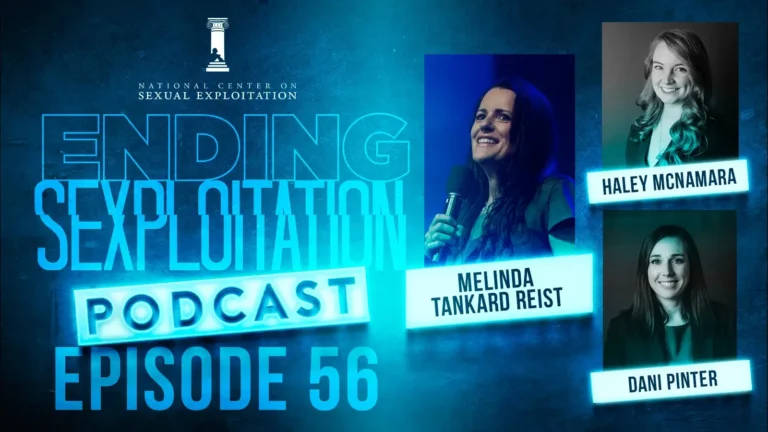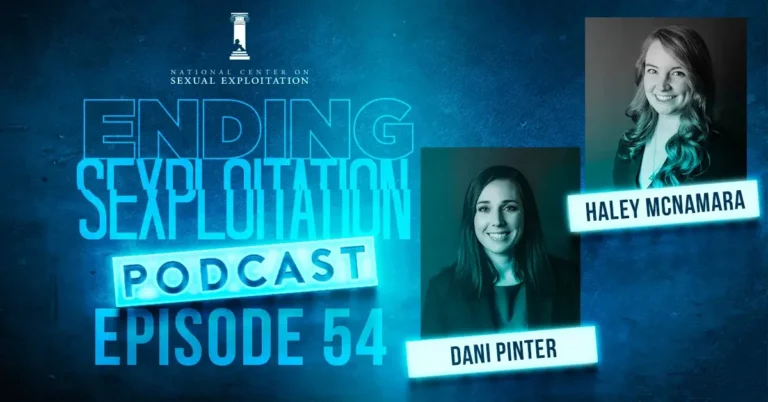From Your Brain On Porn
Over the years there have been a series of studies that claim people who are religious are more likely to believe they are addicted to pornography, and that this belief is the driving factor behind any harms they experience from watching pornography.
The key point in these studies—including a 2015 Joshua Grubbs study and a more recent study from BYU researchers—are their use of phrases like “perceived pornography addiction” or “belief in porn addiction“.
These phrases are misleading.
When reading studies that use these phrases, you must mentally replace them with phrases like “scores on a porn addiction questionnaire”, or simply “porn addiction,” because the Grubbs instrument was originally derived from a porn addiction questionnaire.
It has never been validated as a test that can distinguish between real and “perceived” addiction.
For example, a second 2015 Joshua Grubbs study spawned headlines such as these:
- “Psychology Research Links Distress to Perceived Internet Pornography Addiction”
- “Believing You Have Porn Addiction Is the Cause of Your Porn Problem, Study Finds”
Eliminating the unsupported spin terms the above headlines should read as:
- “Psychology Research Links Distress to Internet Pornography Addiction”
- “Porn Addiction Is the Cause of Your Porn Problems, Study Finds”
The 5 Questions the BYU Study Said Measured “Belief” in Addiction:
Ask yourself, do the following 5 questions measure the “belief” in pornography addiction or do they assess signs, symptoms and behaviors fairly common in most addictions (and most addiction assessment questionnaires used by addiction healthcare professionals)?
- “My thoughts about pornography are causing problems in my life,”
- ”My desires to view pornography disrupt my daily life,”
- “I sometimes fail to meet my commitments and responsibilities because of my pornography use,”
- “Sometimes my desire to view pornography is so great I lose control,”
- “I have to struggle to not view pornography.”
Still not sure? How about we adapt these five questions to create a substance addiction questionnaire:
- “My thoughts about using alcohol are causing problems in my life,”
- ”My desire to use alcohol disrupts my daily life,”
- “I sometimes fail to meet my commitments and responsibilities because of my alcohol use,”
- “Sometimes my desire to drink alcohol is so great I lose control,”
- “I have to struggle to not use alcohol.”
So, do the above 5 questions assess a “belief in alcohol addiction” or do they assess “actual alcohol addiction?” As anyone can see, these 5 questions assess actual alcohol addiction, just as they assessed actual porn addiction in the study from BYU.
Yet we are told that a person’s total score for all 5 questions is synonymous with “belief in addiction” rather than addiction itself!
This is a misleading approach, without any scientific basis, as these 5 questions also were not validated as distinguishing an individual’s “belief in pornography addiction” from an actual addiction.
Next time you see a news headline about “belief” in addiction, check the methods before accepting them as fact.
Your Brain on Porn published a full critique of that study, and of the “perceived addiction” debate, which can be found here.



